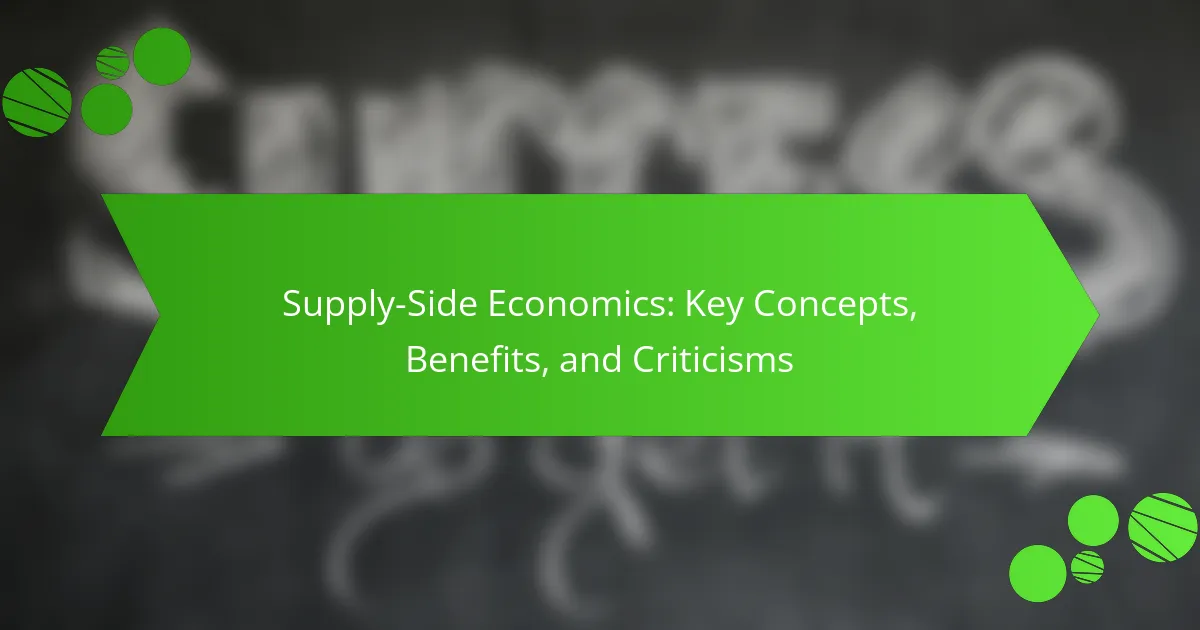
Institutional Economics: Overview, Theoretical Frameworks, and Case Studies
Institutional economics is a branch of economics that examines the influence of institutions—defined as the rules, norms, and organizations governing social and economic interactions—on economic behavior and performance. This article provides an overview of institutional economics, highlighting its key theoretical frameworks, including New Institutional Economics and Old Institutional Economics, as well as the Theory of…

